As an economic sector closely linked to natural resources, culture and weather and climate conditions, tourism activities in many localities are facing many difficulties, even threatening the existence of some tourist areas due to extreme weather phenomena and the effects of climate change.
The Mekong Delta is one of the most vulnerable deltas in the world to the negative impacts of climate change. This raises the issue of resource exploitation associated with conservation and adaptation to climate change for tourism to develop in a green and sustainable direction.
VNA reporters reflect this content in two articles on the topic: "Green tourism in the Mekong Delta adapts to climate change."
Developing green tourism products, focusing on environmental protection and cultural resources is the sustainable development orientation of the tourism industry to effectively adapt to climate change.
Tourism products exploited in this direction also contribute to optimizing the tourist experience, demonstrating environmental friendliness, enhancing the destination image, and the responsibility of both tourism service operators and tourists towards the environment, natural resources, and local culture.
Balancing exploitation and conservation of resources
According to Deputy Director of the Vietnam National Administration of Tourism Phan Linh Chi, the Vietnam Tourism Development Strategy to 2030 has clearly identified the top priority as developing green tourism based on sustainable growth, responding to climate change and protecting heritage.
With the perspective of developing sustainable and creative tourism, on the basis of green growth, maximizing the contribution of tourism to sustainable development goals; protecting the environment, responding flexibly and effectively to risks and climate change, the Vietnam Tourism System Planning for the period 2021-2030, with a vision to 2045, clearly states that the Mekong Delta is one of the six tourist regions of the country.
The region focuses on developing tourism products based on exploiting the strengths of river ecosystems, natural landscapes, marine and island tourism resources, historical and cultural relics and diverse traditional cultural values.
The region prioritizes the development of products with unique characteristics such as: river and garden tourism; cultural heritage exploration; sea and island resort tourism, entertainment; at the same time, strengthen linkages to exploit tourism resources, take advantage of infrastructure in clusters and link with domestic regions or neighboring countries along reasonable tourism corridors.
Currently, after administrative boundary arrangement, the Mekong Delta includes the following provinces and cities: Can Tho, An Giang, Ca Mau, Vinh Long and Dong Thap.
According to the leader of the People's Committee of Vinh Long province, in the field of tourism, with diverse resources from gardens, rivers to seas, Vinh Long continues to aim to develop tourism products in a green, environmentally friendly direction, balancing and harmonizing between conservation and exploitation of natural and cultural resources.

By 2030, the province strives to attract investment to develop a number of key projects such as: Cai Ga Islet Resort Project, K26 Cultural-Tourism Village Coordination Center Project; Khmer Cultural-Tourism Village Project and Ao Ba Om Cultural-Tourism Resort, clearly demonstrating the strategy of rationally exploiting natural and cultural resources from specific strengths, protecting the environment, and adapting to climate change.
Deputy Director of the Department of Culture, Sports and Tourism of Vinh Long province, Lam Huu Phuc, said that after the merger, Vinh Long has a variety of green tourism products, imbued with the cultural identity of ethnic communities, from river resources in the garden, sandbanks, islands to sea areas, historical culture, craft villages, cuisine, etc. However, the province is also one of the localities that is heavily affected by climate change, rising sea levels, and saltwater intrusion.
Adapting flexibly, Vinh Long focuses on developing environmentally friendly tourism products, honoring indigenous culture, and creating many livelihoods for the community.
According to statistics in the first 7 months of 2025, Vinh Long tourism welcomed over 5.8 million visitors, reaching more than 63% of the yearly plan, in which most visitors choose to come to Vinh Long to visit eco-tourism destinations, garden homestays, craft villages, islands, cultural tourism destinations, sea tourism, and relics, demonstrating tourists' interest in receiving tourism products in the direction of green development, preserving and promoting the value of tourism resources.
Can Tho City after the merger is also a locality that converges many green tourism products from the river system, sea, specialized rice growing areas, fruit trees, aquaculture, cultural life, creating a series of experiences imbued with the Southwest region for tourists.
Director of the Department of Culture, Sports and Tourism of Can Tho City Nguyen Van Bay affirmed that the unit will review tourism resources and products, continue to advise the city's leaders on support mechanisms, create many favorable conditions for tourist areas and spots with potential for eco-tourism development, tourism projects associated with environmental protection, conservation of forest, sea, river ecosystems, and cultural features, thereby demonstrating the orientation of developing green and sustainable tourism.
Responsible Development
With the development of diverse tourism products from garden tourism, historical culture to river, sea and island ecology..., the Mekong Delta is attracting many tourists.
Ecotourism and community tourism models not only help visitors explore the ecological characteristics of the region, but also educate awareness of respect and conservation of flora and fauna in the natural environment, demonstrating responsible tourism development while adapting to the impacts of climate change.
Dr. Nguyen Van Chat (University of Social Sciences and Humanities, Ho Chi Minh City National University) and his colleagues cited a typical model of responsible tourism, adapting to climate change in the Mekong Delta, which is the community tourism model of Con Chim (Hoa Minh commune, Vinh Long province). Con Chim is surrounded by the Co Chien River, surrounded by mangrove forests and cool green coconut trees.
People here cherish and protect every cork tree and coconut tree, because they understand that if they do not preserve the environment and ecology, the impacts of climate change and extreme weather such as drought, salinity, and erosion will become increasingly severe, affecting the landscape, daily life, and agricultural production in the locality.
People on the islet adapt and follow nature to have suitable rice-shrimp farming models, at the same time introducing to tourists the simple beauty of their homeland and unique culture to develop adaptive and environmentally friendly tourism.
Households working in tourism are also instructed to use many environmentally friendly products, minimizing plastic products such as nylon bags, plastic straws, giving priority to using reeds as straws, using coconut leaves to weave trash baskets, using banana leaves to line bowls, chopsticks, and decorate dishes...
In early 2025, at the ASEAN Tourism Forum 2025 in Malaysia, Con Chim community tourism destination was honored with the ASEAN Tourism Award 2025, community tourism category.
A tourist destination that also demonstrates the orientation of developing green, environmentally friendly tourism, contributing to climate change adaptation, is community tourism in Sa Dec flower village (Sa Dec ward, Dong Thap province).

Mr. Tran Thanh Hung, Chairman of the "Together in Tourism" Association in Sa Dec flower village, shared: "As a locality specializing in growing and supplying flowers and ornamental plants, we understand that protecting the environment and adapting to climate change for sustainable production are vital requirements to help the profession survive and develop."
Authorities at all levels have invested and completed marking the water protection corridor in the area. Dike projects have been invested in and upgraded to avoid high tides, protect water sources, and upgrade many roads to prevent flooding, creating favorable conditions for the development of flower and ornamental plant growing.
Currently, Sa Dec people supply the market with over 2,000 different types of flowers and ornamental plants, becoming one of the largest ornamental flower orchards in the Mekong Delta.
Combining agricultural production, traditional flower and ornamental planting with the development and business of tourism, culinary and accommodation services, the people of the flower village take the precious cultural capital, landscape, environment and traditional occupations as the foundation to create economic value, exploit green tourism products associated with environmental protection, welcoming nearly 800,000 visitors each year./.
Final article: Mekong Delta Tourism: Seizing opportunities, resolving challenges
Source: https://www.vietnamplus.vn/can-bang-khai-thac-va-bao-ton-tai-nguyen-dinh-huong-phat-trien-ben-vung-post1055613.vnp








![[Photo] General Secretary To Lam attends the 80th anniversary of Vietnam's diplomacy](https://vphoto.vietnam.vn/thumb/1200x675/vietnam/resource/IMAGE/2025/8/25/3dc715efdbf74937b6fe8072bac5cb30)
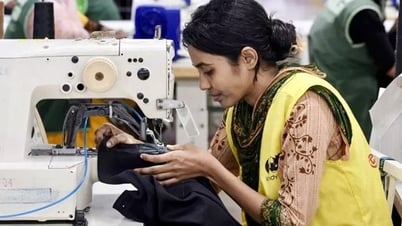

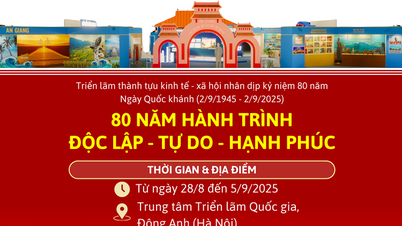

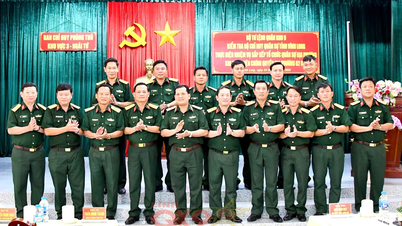

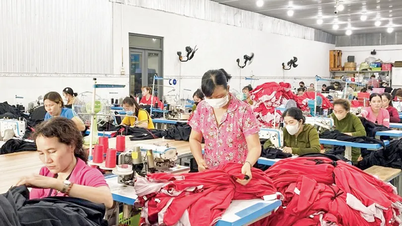

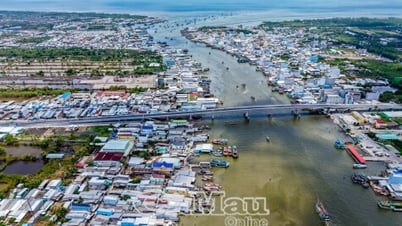






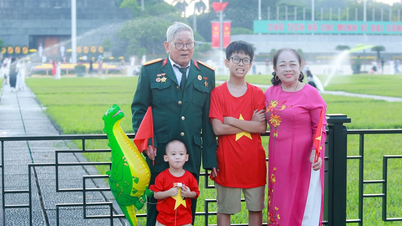


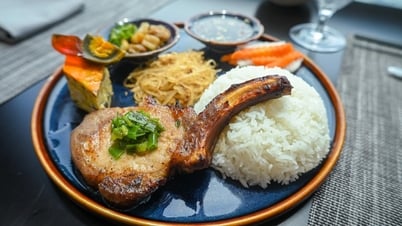
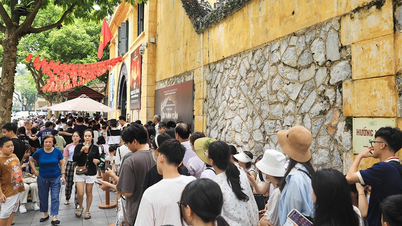





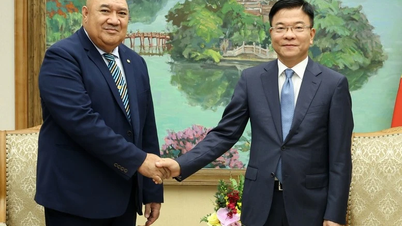
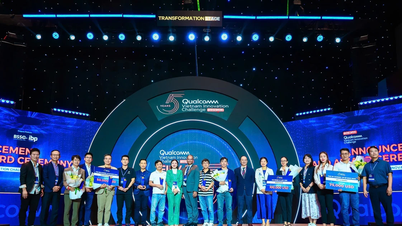
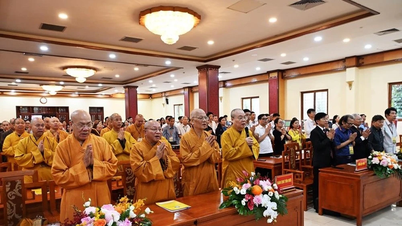
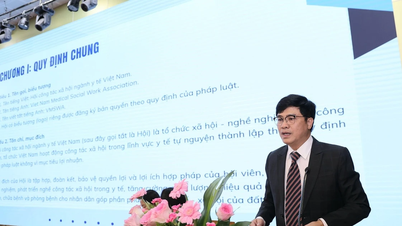
















































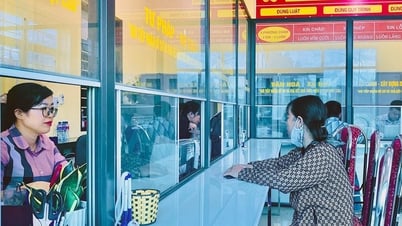

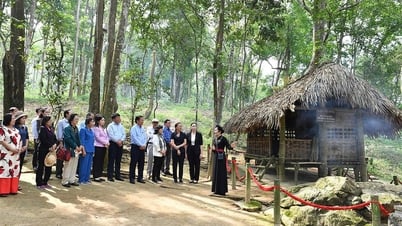
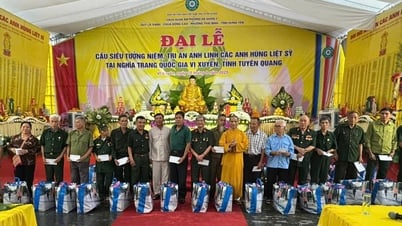


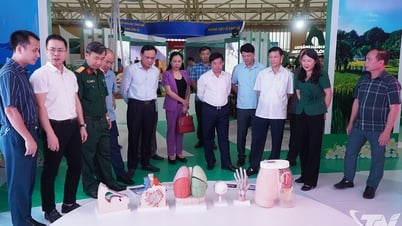

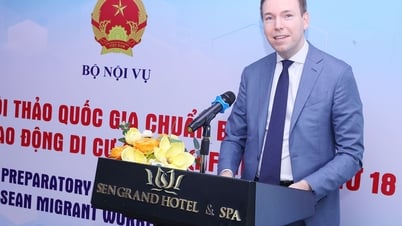














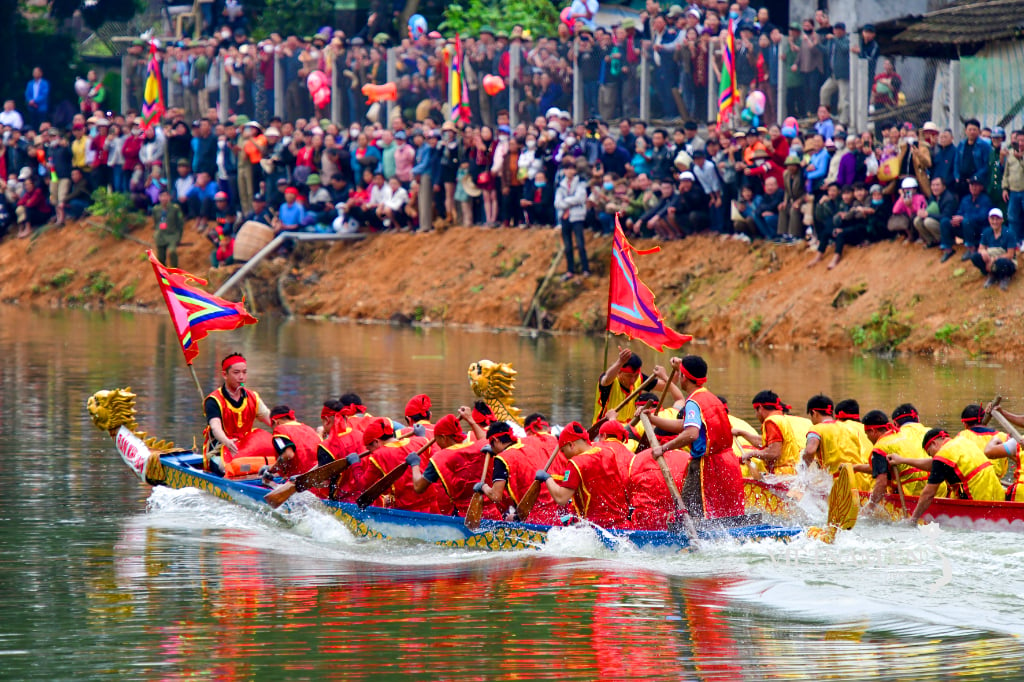

Comment (0)